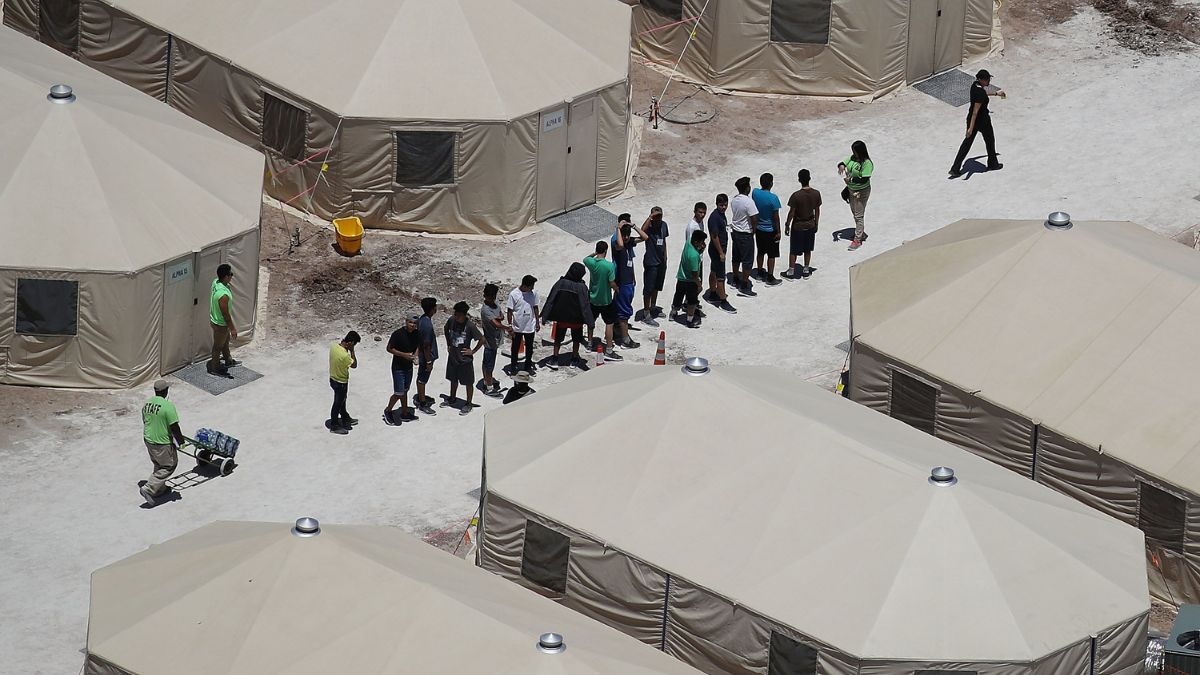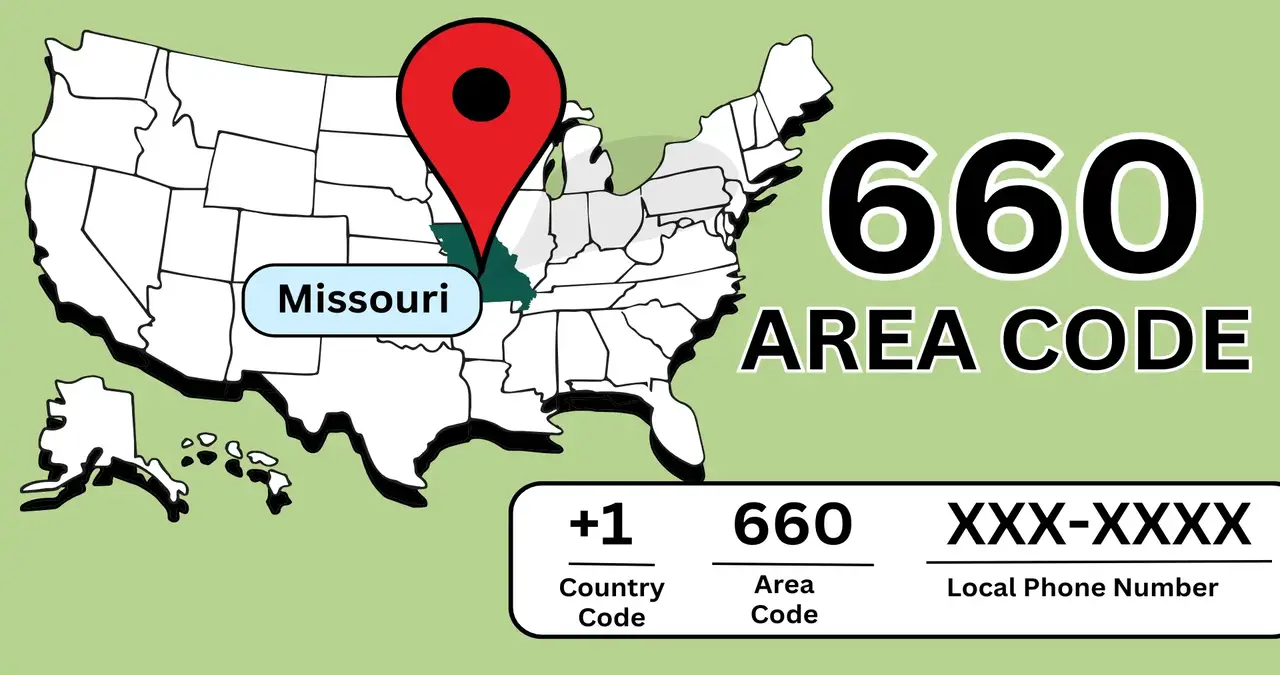Explore the Doge HHS migrant housing contract, a controversial federal deal shaping migrant care. Learn about the contract’s implications, ethics, and public response.
When you hear the phrase “Doge HHS migrant housing contract,” it might sound like a meme collided with a bureaucratic process. But in reality, this is a serious topic involving a key government contract awarded to a lesser-known company, sparking discussions on immigration, federal oversight, and housing conditions for vulnerable populations. If you’re curious about what really went down, what it means for migrants, and how a firm like Doge got involved with the U.S. Department of Health and Human Services (HHS), you’re in the right place. Let’s unpack everything.
What is the Doge HHS Migrant Housing Contract All About?
The Doge HHS migrant housing contract refers to a federal agreement between the Department of Health and Human Services and a company called Doge, tasked with providing temporary housing for migrant children and families. This isn’t just any contract—we’re talking about a multi-million-dollar deal that has raised questions in both public and political circles.
The contract came into public focus amid surging migration at the U.S.-Mexico border. As more unaccompanied minors crossed into the United States, the federal government found itself in urgent need of shelter solutions. HHS stepped in, allocating significant funds to external contractors. Enter Doge, a name few had heard in this space before. That sparked interest and some skepticism.
Why Doge? The Mystery Behind the Company
Doge wasn’t previously known for housing, let alone humanitarian operations. Originally, the company’s scope was narrower—tech consulting, logistics, or another less scrutinized industry. So when they landed a contract that involved the welfare of migrant children, people took notice.
Critics and analysts started asking: How did Doge get selected? Was it through a competitive bidding process or a fast-tracked emergency procurement? The answers to those questions are part of a larger debate on transparency in government contracting, especially in high-stakes scenarios like humanitarian crises.
HHS’s Role in Migrant Housing
The Department of Health and Human Services has a pivotal role in managing the care of unaccompanied minors after they are transferred from the Department of Homeland Security. That includes finding suitable shelter, healthcare, education, and eventual family placement or repatriation.
HHS doesn’t operate shelters directly. Instead, it partners with nonprofit organizations, state agencies, and sometimes private contractors. The Doge HHS migrant housing contract fits into this framework as an emergency measure to scale up shelter capacity quickly. While the intent is clear—protect children—execution often invites scrutiny, especially when involving lesser-known contractors.
Public Reaction and Media Coverage

News outlets and watchdog groups quickly picked up on the Doge HHS migrant housing contract. Questions about the company’s experience, the conditions in the facilities, and the amount of taxpayer money involved sparked public debate.
Several media reports highlighted inconsistent living standards in some of the temporary shelters. Others questioned whether Doge had the logistical know-how or ethical framework to manage such a sensitive population. While some coverage was speculative, it underscored the need for oversight and transparency.
Financial Details and Funding Sources
The Doge HHS migrant housing contract reportedly involved hundreds of millions of dollars. Most of the funding came from federal emergency allocations intended to address sudden surges in migration. This raised eyebrows, especially when comparing Doge’s contract to those awarded to long-established nonprofit housing providers.
Federal grants and emergency funds are meant for rapid deployment, but critics argue that rapid shouldn’t mean reckless. They pointed out potential gaps in vetting and monitoring, particularly when vulnerable groups like migrant children are involved. For many, the financial element wasn’t just about cost—it was about value and ethics.
Housing Conditions Under the Contract
Conditions at the Doge-operated facilities became a focal point. Some reports described well-maintained, temporary modular units. Others shared more troubling images—overcrowding, inadequate medical care, and lack of educational access.
While HHS maintains that all contractors must meet specific standards, the rapid rollout of the contract may have led to lapses. Doge, for its part, claimed compliance and highlighted the challenges of scaling up under emergency circumstances. Still, the situation served as a reminder that quality oversight can’t take a backseat, even in crisis mode.
Political and Legal Ramifications
The Doge HHS migrant housing contract didn’t just stay in the media; it made its way into political talking points and legal briefings. Several lawmakers demanded hearings, while advocacy groups filed Freedom of Information Act (FOIA) requests to learn more about the bidding and oversight process.
Some political figures framed it as a failure of the Biden administration’s immigration policy. Others saw it as a systemic issue with how emergency contracts are awarded and managed. Either way, Doge became a lightning rod in a broader debate over immigration, ethics, and government transparency.
Comparison with Other Contracts
To put things into perspective, it’s helpful to compare the Doge HHS migrant housing contract with others awarded during the same crisis period. Long-standing nonprofit organizations like Southwest Key and BCFS have decades of experience in youth sheltering.
In contrast, Doge was relatively new to the scene. While fresh approaches can be valuable, the stakes here were exceptionally high. Critics argued that the government should lean on experienced players during emergencies, not experiment with new contractors.
Internal Oversight and Auditing Challenges
The internal auditing process within HHS faced a real test during this contract. With Doge being a new player, establishing clear accountability and performance benchmarks became crucial. According to whistleblowers, there were gaps in how well the facilities were inspected and how quickly issues were addressed.
Some reports indicated that HHS struggled to maintain real-time data on capacity, care quality, and contractor performance. In high-pressure scenarios like this, the absence of strong oversight can lead to both logistical and ethical pitfalls. The Doge case emphasized the need for a robust monitoring system.
Migrant Families and Their Experiences
While much of the discussion focused on contracts and politics, the real human story lies with the migrant families affected. For many, the shelters operated under the Doge HHS migrant housing contract were their first experience of the U.S.
Some families found the shelters clean and secure, a welcome reprieve after dangerous journeys. Others felt isolated, with limited access to legal counsel or mental health support. The quality of experience varied widely, highlighting the need for standardized, trauma-informed care practices.
Future Implications and Policy Lessons
What lessons can policymakers and the public take away from the Doge HHS migrant housing contract? First, emergency situations don’t justify cutting corners. Even when time is short, ethical and professional standards must remain high.
Second, transparency isn’t optional. From bidding to execution, every step should be open to scrutiny—especially when vulnerable populations are involved. Lastly, this contract has opened the door for broader reforms in how the government handles emergency housing.
A Closer Look at the Bid Process
A lot of the controversy surrounding the Doge HHS migrant housing contract stems from confusion about the bid process. Was it an open call? Was it sole-sourced? Was Doge selected based on cost, experience, connections, or urgency?
Documents show that the emergency designation allowed HHS to expedite the contract. While that’s legal under federal procurement rules, it doesn’t negate the public’s right to ask tough questions. Transparency around how and why Doge was selected could go a long way in addressing criticism.
Community Impact and Local Response
Many of the shelters managed under the Doge contract were located in small towns or rural areas. This had a ripple effect on local communities. Some residents welcomed the economic activity, as new jobs were created to staff the shelters. Others were concerned about the social and infrastructural strain.
Local governments were often caught off guard, with little notice before facilities opened. Community members demanded more engagement from both Doge and HHS. The experience underscores the importance of involving local stakeholders early in the process.
Ethical Considerations in Migrant Housing

At the heart of the Doge HHS migrant housing contract are deep ethical questions. Should private companies profit from housing vulnerable children? What standards should be in place to protect their rights and dignity?
Critics argue that privatizing care creates perverse incentives, where minimizing cost could come at the expense of care quality. Supporters claim that private firms can bring innovation and speed. Either way, ethics must guide decision-making, especially in humanitarian contexts.
Table: Comparison of Key Migrant Housing Contracts
| Contractor | Years of Experience | Facility Capacity | Public Complaints | Oversight Rating |
|---|---|---|---|---|
| Doge | <2 | 2,000+ | Moderate | Pending Review |
| BCFS | 15+ | 5,000+ | Low | High |
| Southwest Key | 20+ | 7,000+ | Low | High |
Notable Quotes on the Contract
“Transparency isn’t just about paperwork. It’s about trust. The public needs to know how decisions are made, especially when children are involved.” — Immigration Advocate
“Emergency doesn’t mean exemption. We still have to hold contractors accountable for what they deliver.” — Congressional Oversight Member
FAQs on the Doge HHS Migrant Housing Contract
What is the Doge HHS migrant housing contract?
It’s a government contract between Doge and the Department of Health and Human Services for providing housing to migrant children and families.
Why is the Doge contract controversial?
Because Doge was a lesser-known company with little public track record in housing or humanitarian care, raising concerns about transparency and capability.
Did Doge meet required housing standards?
Reports vary. Some facilities were adequate, while others had issues with overcrowding and lack of medical services.
How much money was involved in the Doge contract?
The contract was reportedly worth hundreds of millions of dollars, sourced from federal emergency funds.
What’s the public reaction to the contract?
Mixed. Some see it as necessary during a crisis, others question the decision-making process and ethical implications.
Conclusion
The Doge HHS migrant housing contract has become a flashpoint in the national conversation around immigration, government accountability, and the privatization of humanitarian services. It shows us that even in moments of crisis, decision-making must be transparent, ethical, and above all, focused on the well-being of those most affected. Whether this contract serves as a cautionary tale or a case study in rapid response will depend on what we learn—and how we apply those lessons moving forward.




